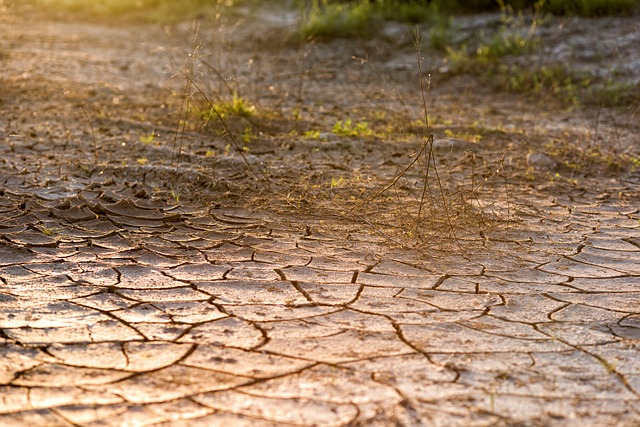Climate change driving Indian farmers to commit suicide

Rising temperatures, and their impact on crop yields, have been responsible for an estimated 59,000 farmer suicides over the last 30 years, according to a new study by Tamma A. Carleton, a researcher at the University of California, Berkeley.
Carleton compared data from India’s National Crime Records Bureau between 1967 and 2013 with crop yields and climate patterns and found that temperature variations during the growing season mirrored a rise in suicides.
A 1°C increase in temperature, on days warmer than 20°C, could cause 67 additional suicides on average nationwide. Temperatures in the non-growing season had no identifiable impact on suicide rates. Carleton surmises that increasing heat damages crops, which puts pressure on agriculture-dependent households, driving some farmers to commit suicide.
High levels of debt in agricultural households, plus a lack of irrigation facilities on 60% of land under cultivation, mean that when it doesn’t rain, the impact is catastrophic. With the possibility of a 3°C increase in India's average temperature by 2050, Carleton believes that unless the government invests in adaptation, thousands more could end up taking their own lives.
Linguère Mously Mbaye has written for IZA World of Labor about how migration is affected by climate change and natural disasters. She notes that liquidity constraints can explain why people do not migrate in the case of slow onset events like climate change: people must be able to afford to migrate. Mbaye believes that “addressing the issue of climate change requires better governance on a global scale, with more efficient aid allocated to vulnerable countries as well as better migration policies toward migrants from those countries.” Migrants should not be viewed as a threat; most move internally or to neighboring countries and can help those left behind to deal with climate shocks be sending back remittance payments. Mbaye concludes: “Migration remains a human right, above all in the case of disasters related to the climate. Migrants should thus be received and integrated into host societies, for the benefit of all.”
Contact one of our topics spokespeople.